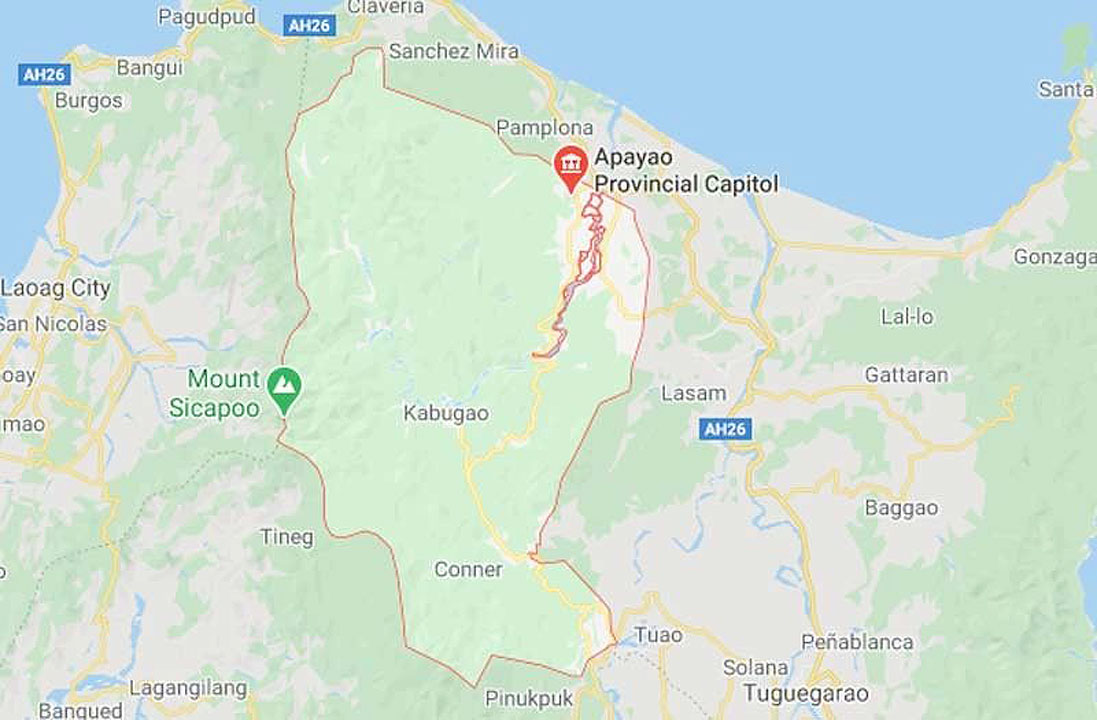A HYDROELECTRIC project in Apayao province that could generate up to 150 megawatts has become the subject of a dispute on whether consent was properly obtained from the area’s indigenous people (IP), Senator Leila Norma Eulalia Josefa M. de Lima said.
“We received reports that the (indigenous people) were not being heard and that their consent was allegedly secured through persons whom they claim do not represent them,” according to Ms. De Lima, who chairs the Senate Committee on Social Justice, Welfare and Rural Development, in a statement Saturday.
“To complicate matters, their leaders are being intimidated and red-tagged for voicing out their rights and concerns,” she added.
Projects on ancestral domain are required by law to obtain the IPs provide free, prior and informed consent.
The hydropower project was approved by the National Commission on Indigenous People (NCIP) in late September after consultation with IPs was deemed adequate. The NCIP, sitting en banc, granted Pan Pacific Renewable Power Philippines Corp. a certificate of precondition to develop the hydropower plant in August.
The Apayao indigenous people, known as the Isnags or Isnegs, “represent the IP group that stands the most to lose in these projects,” Ms. De Lima said. “They inhabit the proposed project location and this project dispossess them of their source of food, water, livelihood, and culture.”
“It is understandable that they be given the widest possible latitude in voicing out their objections and concerns,” she added.
She urged the government to ensure the protection of the IPs’ human rights and welfare. — Alyssa Nicole O. Tan
